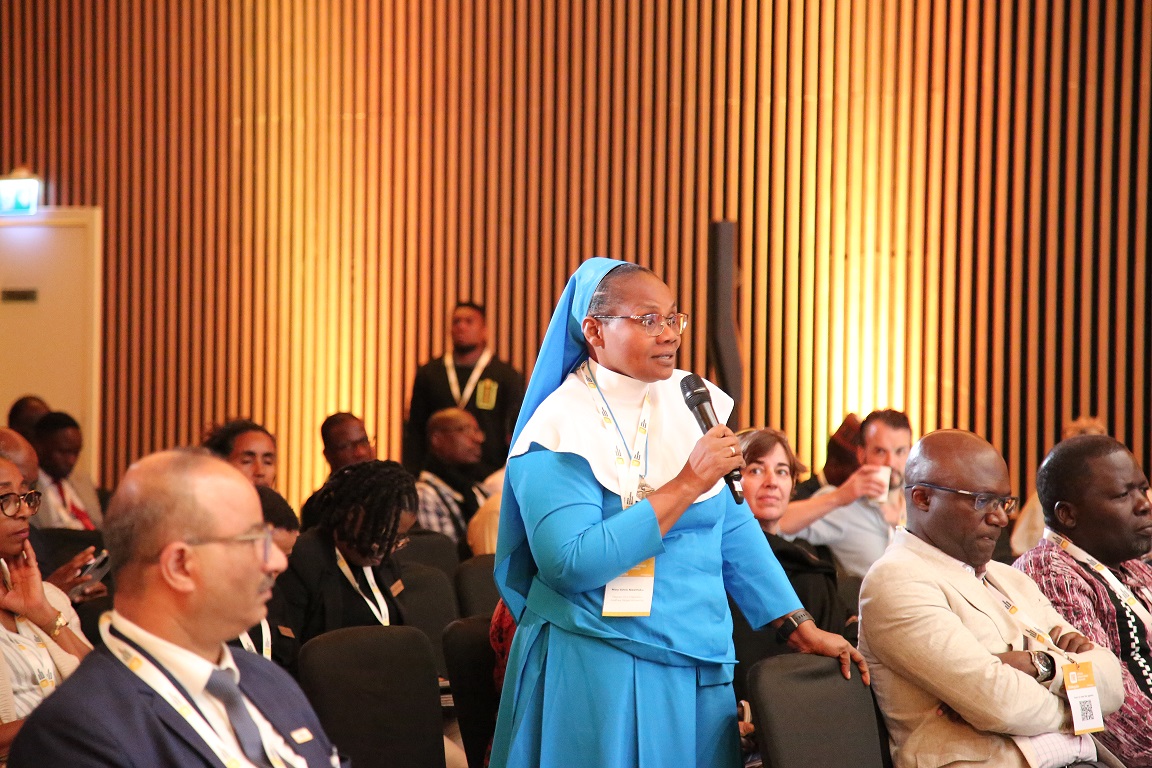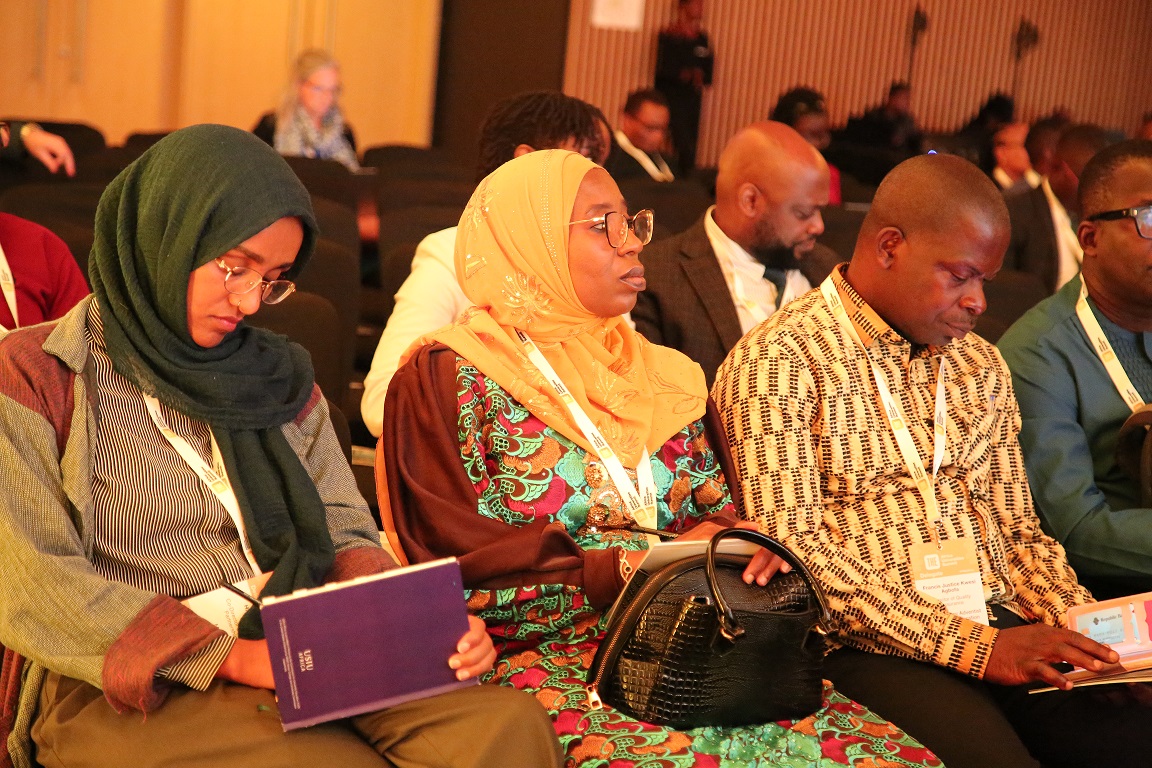Artificial intelligence is a powerful tool for research and innovation, but it should not replace human intelligence, according to Nathalie Munyampenda, the head of Kepler University. She made these remarks during a press briefing following her presentation at the Africa Universities Summit in Kigali, a three-day conference attended by scholars and university leaders from across the continent.
The summit, which also brought together representatives from international institutions, provided a platform for discussions on improving education quality, addressing resource shortages, and tackling financial constraints affecting students. Participants exchanged ideas on how universities can learn from one another and navigate challenges in a rapidly evolving educational landscape.
“This summit brings together university leaders so that we can learn from each other. The common challenge we all face is how to continuously improve the quality of education in universities,” Munyampenda said.
She pointed to institutions in Ghana and Nigeria as examples of universities that have made significant progress, emphasizing that raising education standards remains a top priority. She also commended Rwanda for fostering the growth of private universities, which she sees as crucial in enhancing academic excellence.
“Our focus should be on ensuring that students truly understand what they are being taught. For example, a student studying accounting should graduate as a competent accountant,” she said.
As technology advances, Munyampenda warned against viewing artificial intelligence as a substitute for human intelligence. Instead, she advocated for its thoughtful integration into education to maximize benefits without compromising critical thinking.
“Artificial intelligence is a significant development that is not going away, but it should be given its rightful place and used appropriately,” she said.
Nick Davis, head of the Times Higher Education (THE) Forum for the Middle East and Africa, echoed similar sentiments, stressing that technology should be used to enhance education rather than replace human cognitive abilities. He also highlighted the need for greater investment in higher education and institutional collaboration to drive sustainable progress.
“No single university can develop education in isolation. Instead, collaboration is essential to harness technology as a powerful tool for educational advancement… but it should not replace human intelligence,” he said.
The summit in Kigali brought together 400 scholars and university leaders for discussions on the future of education in Africa. Among the key speakers was Dr. Anastase Shyaka, Rwanda’s Ambassador to Poland, a former professor and minister who has played a significant role in shaping Rwanda’s academic and governance landscape.
A 2024 report by uniRank indicated that Africa has 1,274 legally recognized universities, underscoring the continent’s growing academic landscape and the ongoing need for investment in higher education.









